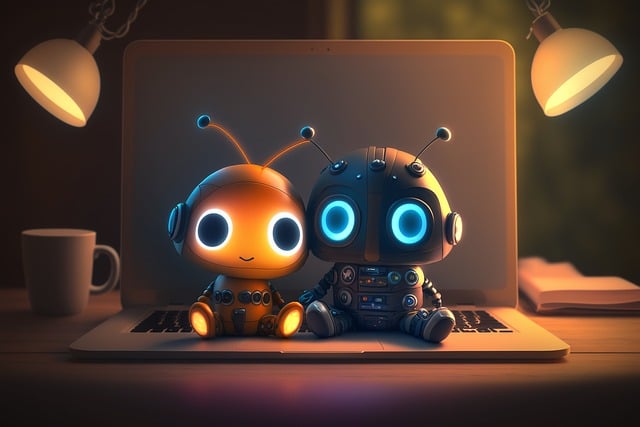The Next Generation of Writing: How AI is Shaping the Future
In today’s rapidly advancing technological landscape, it’s no surprise that artificial intelligence (AI) has made its way into the world of writing. From content creation to language translation, AI is revolutionizing the way we write and communicate. As we continue to see advancements in this field, it’s important to understand the impact that AI is having on the future of writing. In this article, we will explore the next generation of writing and how AI is shaping it.
The Rise of AI in Writing
AI has been making its way into various industries for years, but its presence in the writing world has been particularly significant in recent years. With the rise of digital content and the need for quick and efficient communication, AI has become a valuable tool for writers. From grammar and spelling checks to content creation and translation, AI is able to perform tasks that were once solely in the realm of human writers.
One of the main reasons for the rise of AI in writing is its ability to process and analyze large amounts of data at a rapid pace. This allows AI to generate content and make language translations in a fraction of the time it would take a human writer. Additionally, AI is constantly learning and improving, making it a valuable asset for writers looking to create high-quality, error-free content.
AI and Content Creation
One of the most significant ways AI is shaping the future of writing is through content creation. With the help of AI, writers are able to generate content on a wide range of topics in a matter of seconds. This is particularly useful for industries that require a high volume of content, such as news outlets and marketing agencies.
AI content creation works by analyzing existing content and using natural language processing (NLP) to generate new, original content. NLP is a form of AI that allows machines to understand and interpret human language. This technology is constantly evolving, and as it becomes more advanced, the quality of AI-generated content will continue to improve.
While some may argue that AI-generated content lacks the creativity and emotional intelligence of human writing, it has its own set of advantages. For one, AI can produce content at a much faster rate, freeing up time for human writers to focus on more complex tasks. It also eliminates the potential for human error, ensuring that content is error-free and consistent.
AI and Language Translation
Another area where AI is making a significant impact is in language translation. In today’s globalized world, the ability to communicate in multiple languages is becoming increasingly important. However, language barriers can often hinder effective communication. This is where AI comes in.
AI-powered translation tools, such as Google Translate, are able to translate text from one language to another with a high level of accuracy. This is achieved through the use of NLP and machine learning, which allows the AI to understand and interpret the nuances of different languages. As AI continues to improve and learn from its mistakes, we can expect to see even more accurate and efficient translations in the future.
However, it’s important to note that AI is not meant to replace human translators. While it can handle basic translations, it still struggles with more complex tasks that require cultural and contextual understanding. Human translators are still essential for accurately conveying the nuances and subtleties of language.
The Potential Impact of AI in Writing
As AI continues to advance and integrate itself into the world of writing, it’s natural to question the potential impact it may have on the industry. Some may fear that AI will replace human writers, rendering their skills and expertise obsolete. However, this is not necessarily the case.
While AI may be able to handle certain tasks more efficiently, it cannot replicate the creativity and emotional intelligence of human writers. It also lacks the ability to understand and interpret complex human emotions, making it unable to produce content that truly resonates with readers. Therefore, it’s safe to say that AI will not replace human writers, but rather work alongside them to enhance their abilities and streamline their processes.
On the other hand, the rise of AI in writing may also lead to a decrease in demand for certain writing roles. For example, with the ability to generate content at a rapid pace, there may be less of a need for content writers in industries that require a high volume of content. However, this also opens up new opportunities for writers to explore other areas, such as content strategy and editing, where human creativity and critical thinking are still highly valued.
The Future of Writing is Here
In conclusion, AI is shaping the future of writing in ways we couldn’t have imagined just a few years ago. From content creation to language translation, AI is revolutionizing the way we write and communicate. While there may be concerns about its potential impact, it’s clear that AI is here to enhance and streamline the writing process, not replace it. As we continue to see advancements in this field, it’s exciting to think about the endless possibilities and opportunities that lie ahead for the next generation of writing.

